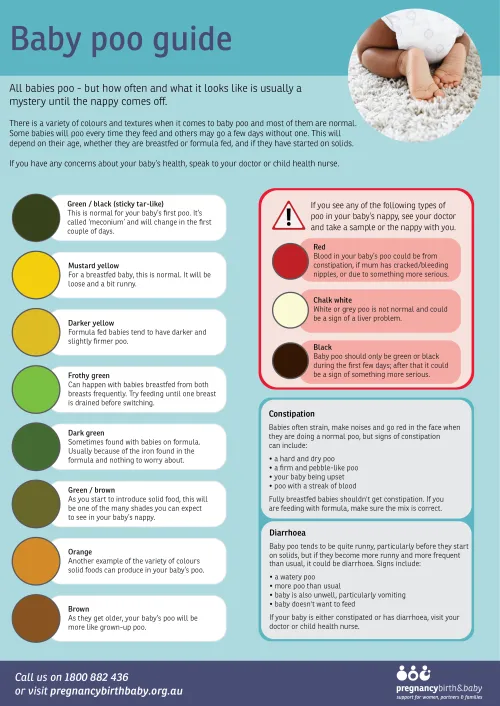
Address
Suite 10, West Wing Level 1, Netcare Sunninghill Hospital, Cnr Nanyuki & Witkoppen Road, Sunninghill, 2191
Get in touch
Suite 10, West Wing Level 1, Netcare Sunninghill Hospital | Get Directions →
HOW TO TELL IF MY BABY IS CONSTIPATED AND WHAT TO DO ABOUT IT
It’s common for parents to misdiagnose constipation in their little ones for a few reasons, so let’s begin by understanding what kind of pooping behaviour is normal for your baby.
The misdiagnosis is mainly because in the first 3 months of life, colic is also present in many babies. How often your baby passes your stools changes as your baby grows and also depends on whether they are breast-fed or formula fed. Constipation in young infants is more common around the time of dietary transitions: in babies who have started eating solids (around 6 months), change of formulae to whole milk and change from breastmilk to formulae milk. But if you do suspect your newborn may be constipated it’s best to check in with your pediatrician also to exclude other more serious conditions like Hirschsprung disease.
HOW OFTEN SHOULD BABY POOP?
Breast-fed babies generally have more bowel movements than formula-fed babies. After the first few days of birth, your baby may have 2-5 bowel movements a day, even more than that, until baby is around 6baby constipation weeks old. Now what can alarm new parents is not seeing a dirty diaper after a couple of days. After 3-6 weeks, it’s completely normal for your little one to take “poop breaks” and this is because breast milk is easily processed by your baby’s digestive system and doesn’t produce much solid waste. It shouldn’t be mistaken for constipation.
For formula-fed babies, one to four bowel movements a day is considered normal but it’s also not strange for them to go a few days without any bowel movement after 6 weeks, as long as when they do, the poop is not hard.
Seeing your little one strain and sometimes cry while passing a stool should not always be mistaken for constipation because it is normal for infants to strain while pooping (just try passing a stool while lying on your back and you’ll understand!).
HOW SHOULD MY BABY’S POOP LOOK LIKE?
For newborn breastfed babies, a mustard colour with a runny consistency (a scrambled egg appearance) and a tan colour for formula-fed babies. The consistency is usually firmer for formula-fed babies but should not be firmer than peanut butter. Once they start eating solids, you’ll notice the change to brown, sometimes with pieces of undigested food.
CONSTIPATION WARNING SIGNS
- A significant drop in bowel movements.
- Straining for longer than 10 minutes but still not passing any stools.
- Harder than usual stools, sometimes resembling little pellets.
- A fussier than usual baby.
WHAT TO DO ABOUT CONSTIPATION WARNING SIGNS?
Some simple additions or changes in your little ones diet can do the trick. If baby is 6 months and older you can:
- Offer a bit more water with meals (boiled and cooled in a sterilised bottle).
- A few ounces of 100% fruit juice like pear, apple or prune juice.
- Certain pureed fruits and vegetable like prunes and pears (think of the P ones).
- Change to a multigrain or whole wheat infant cereal.
- Your baby’s paediatrician might recommend an infant glycerin suppository to be used occasionally.
- Always seek and follow your pediatricians advice.
- Don’t use oils, enemas, constipation medicine or laxative to treat your baby’s constipation before consulting a paediatrician.
Contact your paediatrician immediately if you notice the following:
- A loss of appetite.
- Swollen belly.
- Bloody stools.
- Fever and vomiting.
The below infographic courtesy of Pregnancy, Birth and Baby is a good guide when it comes to the many variations of baby stools.

Dr Machaba is a paediatrician based at Netcare Sunninghill Hospital. Get in touch if you’d like to book an appointment for a routine check up or to assess any arising health concerns in your child.
Recent Posts


Leave your little one's health in good hands.
Track your child's growth and development, or assess arising health issues with a paediatrician you can trust.
Visit
Suite 10, West Wing Level 1, Netcare Sunninghill Hospital, Cnr Nanyuki & Witkoppen Road, Sunninghill, 2191

